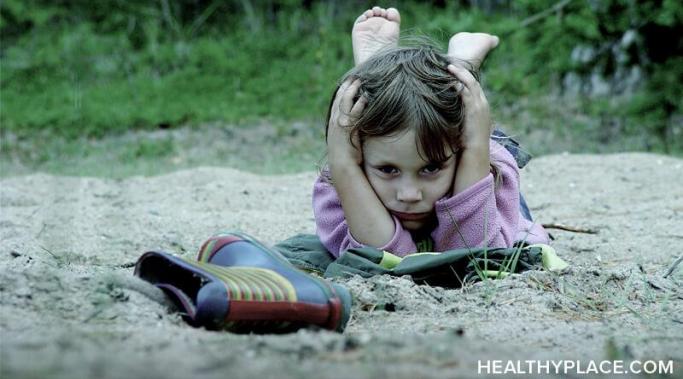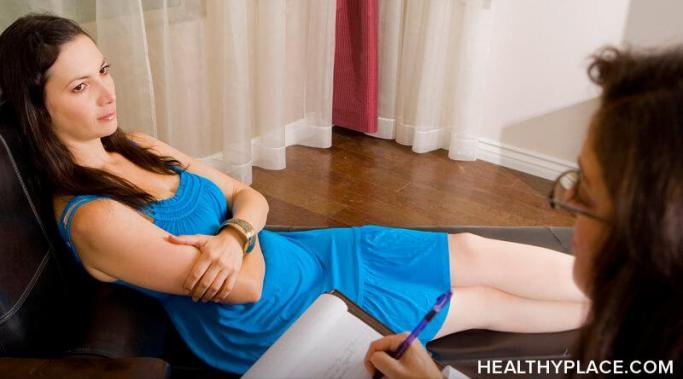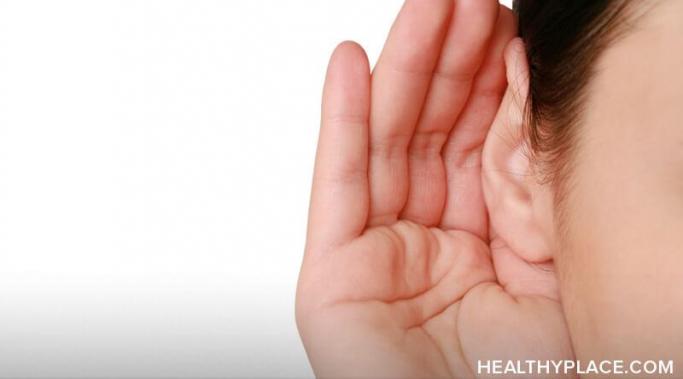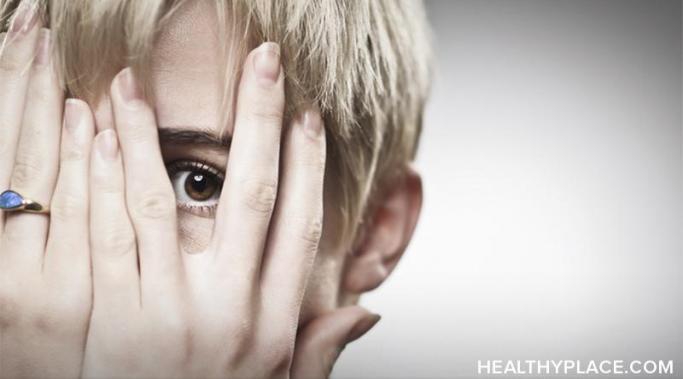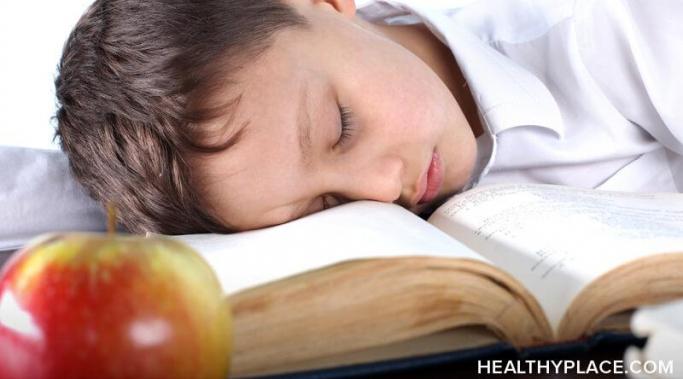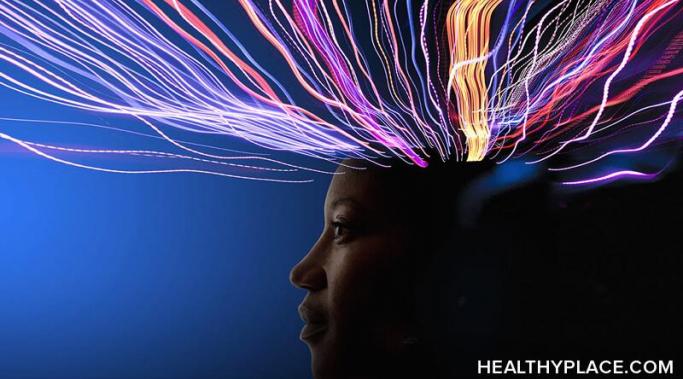Children with disruptive mood dysregulation disorder (DMDD) may go through a couple diagnoses, including oppositional defiance disorder (ODD), in the beginning. This is partly because DMDD is a newer disorder, but it also looks like other illnesses--especially ODD. My son's first providers diagnosed him with ODD, and other DMDD parents have told me their kids also started with that diagnosis. There is, however, a subtle difference between the two.
Life with Bob
You can support a bipolar teen as she works on problem behaviors, but you must be patient. I didn't have any more patience when my daughter's new counselor asked me, “What’s the one behavior you would like to work on with your daughter?” I was stunned, one behavior? Did she have any idea how erratic and out-of-control my teen’s behavior was as her bipolar disorder cycled from frantic highs to screaming lows? I quickly listed 10 desires. But, no, the therapist insisted that I choose only one. My first reaction was to choose a new therapist to support my bipolar teen daughter.
If your child hears voices, your first reaction may be panic. The first time my son said he heard voices, I almost fainted. I work with adults who hear voices due to their mental illnesses, so my first thought was early-onset schizophrenia. My son does not have schizophrenia. Turns out, a child who hears voices isn't that unusual.
Several weeks ago, another blogger triggered a heated discussion on a minor’s rights to mental health privacy when they suffer from mental illness. Readers chastised the author for disclosing too much information about her child. And that made me ask: where is the line when it comes to minor's mental health privacy.
Sleep problems are common with childhood attention-deficit/hyperactivity disorder (ADHD). Parenthood and sleep don’t mix, and if you have a young child with ADHD, you’re probably getting even less sleep than other parents. Sleep problems with childhood ADHD are common and the sleep problems come in many forms (ADHD and Sleep Disorders). The methods we use to get our children to sleep come in many forms as well.
Of all behaviors associated with attention-deficit/hyperactivity disorder (ADHD), lying is one of the more frustrating. My son's therapist recently reminded me of something important, though. Lying serves a purpose, and punishing our children with mental illness for the lie itself may mean we're missing the underlying issue all-together.
My daughter just graduated from a year of shock therapy for major depressive disorder (electroconvulsive therapy [ECT]). It gave her life back. Her severe major depressive disorder had stopped her from functioning in life and kept the threat of suicide lingering over her like a vulture waiting to pounce. Yet, today, a year after beginning shock therapy, she has finished her college program, gotten a job and is socializing and taking care of herself with a kind of sparkle that had once seemed impossible. Shock therapy for my daughter's major depressive disorder created a miracle for her.
A lot of energy goes into changing the world for our children, and that's before childhood mental illness joins our parenting struggles. If it's been a rough day for my son, in terms of his disruptive mood dysregulation disorder (DMDD) especially, I have barely enough energy to make dinner, let alone "change the world." Making change for our children is important to me, though. After dealing with childhood mental illness the last few years, I've realized that, sometimes, the world around my son needs more of a "cure" than he does.
For two years I refused to even consider electroconvulsive therapy (ECT) for my severely depressed daughter. After all, I saw those 1950s movies—I saw those patients emerge zombie-like with no memory. But then my daughter’s life became so bleak we had no choice but to try electroconvulsive therapy, and I’ve kicked myself for letting her suffer so long.
My children start school this week, so I'm back to worrying about both sides of bullying. As a parent of a child with mental illness, who is not going to be mainstreamed this year, the fear is real. Will he be bullied for being "special ed", or will his behaviors make him the bully? I tell myself that, if I can just get him through adolescence, he'll be okay. In the meantime, though, how do I manage when I understand that both sides of bullying could affect my child's school year?
